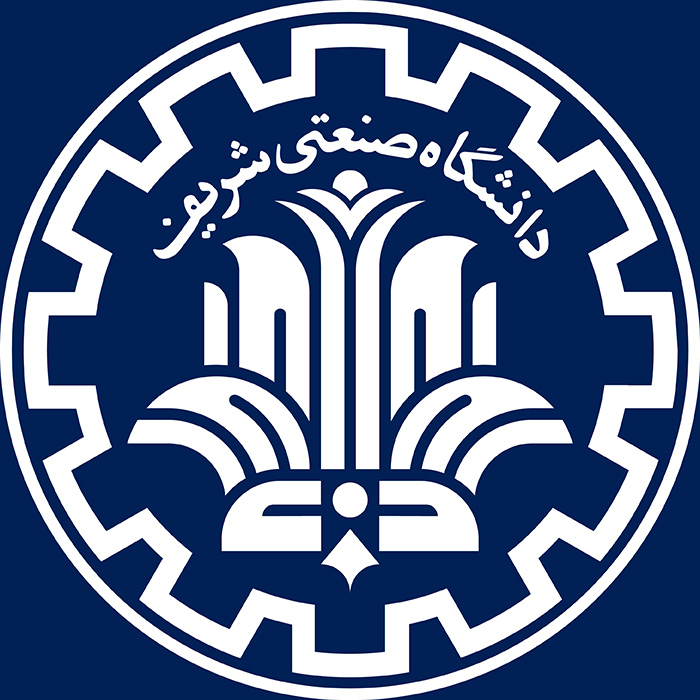
Beijing - Sharif University of Technology, alongside a delegation from prominent Iranian universities, marked its first-ever participation at the esteemed China Annual Conference & Expo for International Education. The three-day event, held from October 26th to 28th, brought together university representatives from across the globe. This significant milestone was achieved through the collaborative efforts of the Student Affairs Organization within the Ministry of Science, Research, and Technology.
The delegation featured esteemed members from the Student Affairs Organization, as well as international affairs managers from Sharif University of Technology, Tarbiat Modares University, Isfahan University of Technology, and Tehran University of Medical Sciences. As the nation prioritizes the attraction of international students, the goal is to surpass the current count of 107,000 international students to exceed 250,000 within the next four years.
Expanding on their participation in the conference, Sharif University, as part of the scientific liaison programs established by the Islamic Republic of Iran in Beijing, embarked on insightful visits to local universities and science and technology parks. Notably, the delegation explored the National Center for Nanoscience and Nanotechnology (NCNST), encompassing its cutting-edge laboratories. Additionally, they visited Beijing Institute of Technology (BIT), renowned for its 21 faculties, 35,000 students, including 2,800 international students, and four active branches. Further, the delegation explored TusPark Tsinghua University Science Park, a thriving hub for approximately 5,000 startups under the management of TusHolding, along with a visit to the Institute of Process Engineering.
During these engaging encounters, fruitful discussions and exchanges regarding various forms of collaboration took place. The spectrum encompassed student and faculty exchanges, joint projects, and the implementation of training courses. A significant milestone was reached as a cooperation agreement with the National Center for Nanoscience and Nanotechnology in Beijing (NCNST) was finalized, cementing the path for future collaborative endeavors.









